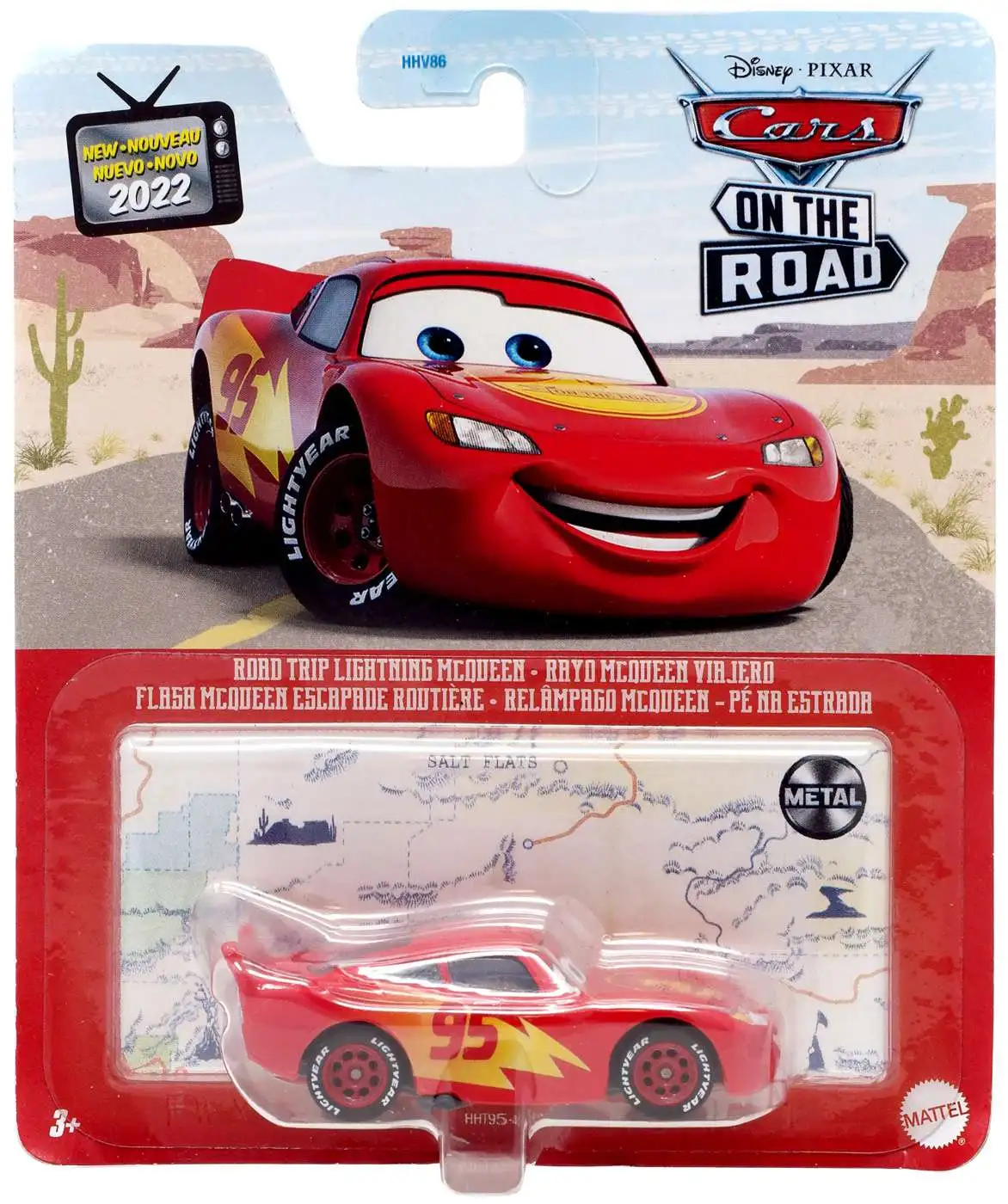As we find ourselves at the dawn of a new age in the car industry, the anticipation surrounding future vehicles is tangible. Breakthroughs in tech and evolving consumer tastes are transforming the industry at an unprecedented pace. EVs are spearheading this movement, creating a future that guarantees cleaner, more intelligent, and highly efficient transportation solutions. Whether you love streamlined electric vehicles, versatile vans, or rugged campervans, the advancement of automotive technology is crafting an option for every kind of lifestyle.
In this article, we will explore the most recent automotive developments, examining the key trends that are influencing the industry. Covering MotorHype from trailblazing EV breakthroughs to the ascent of hypercars, we will share insights on what auto fans can look forward to in the years ahead. Stay connected for news on the freshest automotive happenings, electric car evaluations, and the most recent innovations that are pushing the automotive sector ahead. The outlook is optimistic, and today’s advancements are setting the stage for a revolution in how we think about mobility.
Future EV Vehicles
As the car industry moves towards green practices, next-gen EV vehicles are positioned to transform mobility. With advancements in battery technology, producers are concentrating on boosting energy density and reducing recharge durations. The revolution in solid-state batteries is particularly encouraging, as it offers considerably increased energy capacity and safety compared to conventional lithium-ion batteries. This breakthrough will enable electric vehicles to travel more mileage with reduced recharge times, making them more desirable to customers.
In addition to energy storage advancements, the incorporation of artificial intelligence and intelligent technology enables a smooth driving experience. Upcoming electric automobiles are predicted to boast state-of-the-art driver-assistance systems, which allow driverless functions. These developments will not only boost protection but also provide users with greater convenience, transforming how we think about vehicle ownership and mobility. As manufacturers allocate resources in R&D, the line between tech and automobiles will remain to fade.
Furthermore, the surge of electric automobiles is prompting changes in manufacturing and logistics processes. Automakers are progressively devoting attention on sustainable practices, with many companies dedicating to zero emissions by 2030 or 2040. This shift is resulting in progress in how vehicles are manufactured, with more emphasis on recyclable materials and sustainable processes. In the fight against global warming, the future of electric automobiles represents hope and a significant direction towards a eco-friendlier automotive landscape.

Innovations in Vehicle Tech
The automotive industry is witnessing a notable change driven by progress in technology. EV vehicles are at the forefront, offering cleaner alternatives to conventional fossil fuel engines. Manufacturers are investing substantially in battery technology, increasing efficiency and reducing charging times. This movement is essential in the evolution of EV news, as drivers demand increasingly sustainable options with better performance. Automakers are also exploring solid-state batteries, which promise to further enhance energy density and safety in electric vehicles.
Autonomous driving technology continues to advance and is becoming a central aspect in automotive news. Major manufacturers are collaborating with tech companies to develop advanced sensor systems and artificial intelligence software that can make driving safer and more efficient. Features such as lane-keeping assistance and automatic emergency braking are becoming common, paving the way for fully autonomous vehicles. This development not only transforms the way we view about but also brings up questions about infrastructure and regulatory policies in the vehicle industry.
Connected technology is another critical innovation impacting the automotive world. Modern cars are increasingly fitted with web access and intelligent technology, enabling real-time data sharing and vehicle-to-everything communication. This integration enhances the driving experience by integrating navigation, entertainment, and safety features smoothly. The rise of over-the-air updates means cars can evolve post-purchase, enhancing performance and adding features without requiring a visit to the dealership. As these advancements develop, they are reshaping the landscape of automotive manufacturing and creating exciting opportunities in the automotive industry.
Changes Transforming the Car Industry
The car industry is currently experiencing a major change powered by improvements in tech and evolving customer tastes. One of the most notable trends is the rise of EV automobiles, which are increasingly prevalent due to their green value and the increasing availability of recharging infrastructure. This change not only represents a wider focus to sustainability but also compels companies to advance in power solutions and efficient performance, making battery-powered cars more appealing than ever.
Another critical trend is the inclusion of intelligent tech into automobiles, which improves protection, linkage, and driver experience. Features such as advanced driver-assistance features, information capabilities, and onboard connectivity through smartphone devices are emerging as typical in latest car designs. As consumers demand more tech-savvy cars, vehicle producers are pouring resources heavily in vehicle advancements developments to stay relevant and satisfy these demands.
Finally, the attention on autonomous technologies continues to gain strength, with many companies exploring the prospects for driverless systems to revolutionize how we think about transportation. This movement raises crucial issues regarding safety, governance, and framework, leading to partnerships between technology companies and conventional car companies. As this technology advances, it holds the potential to change the car industry, presenting thrilling possibilities for the future of travel.
